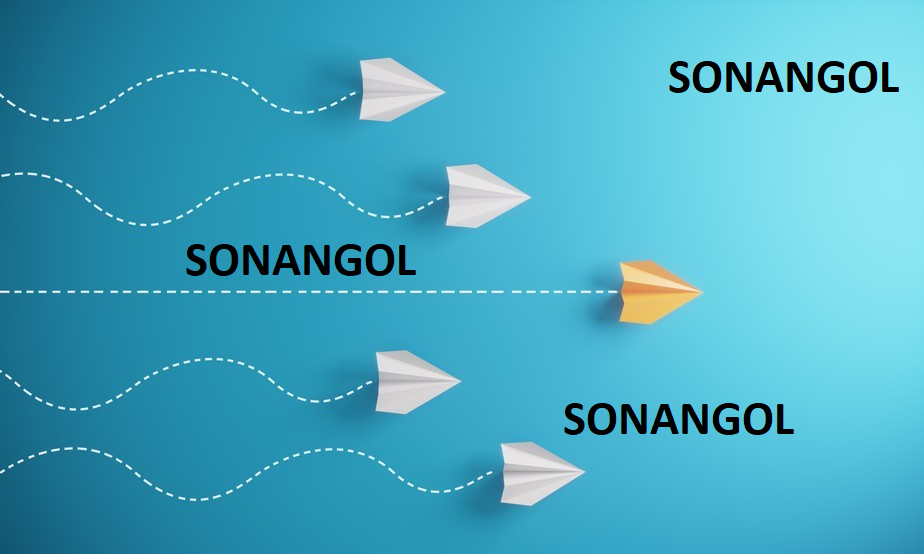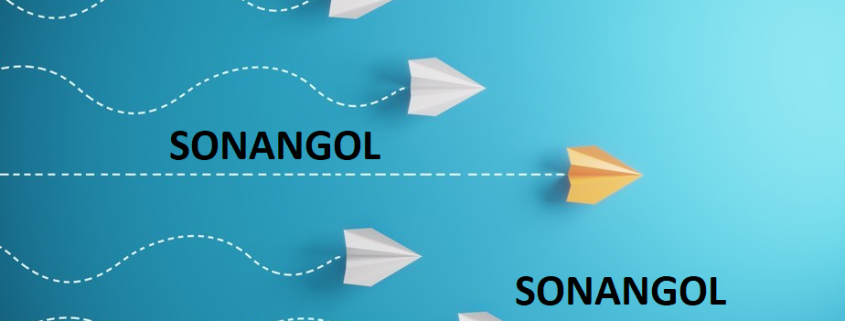Sonangol and the reinvention of the Angolan economy

This is a time of reinvention for Angola. Sonangol is no longer the engine of the Angolan economy and it is necessary to find a new driver. There are two reasons for the need to overcome the economic model based on a single product – oil.
The first reason is Sonangol itself. The results for 2019, presented by the Angolan oil company, are structurally discouraging. Although they show a profit, this profit derives from unrepeatable extraordinary results and the essential elements of the oil operation are stagnant: production does not increase, sales do not exceed the level of previous years. The company’s net income was USD 125 million. However, revenues remained stable compared to the previous year. Sonangol produced around 232 thousand barrels of crude oil per day, a number similar to the past and made sales of USD 10,231 million, which represents a 4% reduction compared to the 2018 financial year.
In short, oil exploration no longer adequately supports Sonangol. Not supporting Sonangol means not supporting the country.
In addition to this stagnation at Sonangol, there is the fact that oil is being increasingly viewed with skepticism, seeking to invest in alternative energies and moving away from the use of black gold. This is obviously not a short-term process, but it will have been accelerated with the Covid-19 pandemic. Oil will still have price rises, possibly peaks in higher demand, but everything indicates that the gluttonous years will be over, as other energy sources will emerge that will more or less gradually replace oil. Just note that in the last few months the price of the Brent barrel has fluctuated between USD 53 in October 2019, USD 60 in January 2020, USD 12.78 in April or USD 40.7 recently. However, he never returned to the 2014 figures where he was often above USD 100.
These two reasons mean that the Angolan economy has to reinvent itself, and more quickly than it thinks. It is not just a matter of restructuring Sonangol and focusing it on the oil business. It is not enough, because this business is stagnant. It is the economy itself that needs restructuring, which in the official jargon of the Angolan government is called diversification.
The problem is that diversification implies the creation of a new offer in the Angolan economy, of the production of goods and services that did not exist in the recent past. And for production to exist, investment is necessary. Investment requires, obviously, the contribution of capital.
And here we face another issue that affects the Angolan economy, which is the lack of capital and the recessive policies that intensify this scarcity. Following the parameters chosen by the International Monetary Fund (IMF) and the neoclassical orthodoxy of the economy, a program to contain / reduce public debt and reduce the deficit is being imposed on Angola.
We have many doubts as to whether such a program is justified in the case of the Angolan economy, especially considering the doctrinal contributions in Modern Monetary Theory, but the fact is that such a program to cut spending and increase taxes is being followed. However, the pursuit of such a policy ends up limiting the availability of capital for investment, whether public or private. Therefore, it prevents the so-called diversification that is so necessary to overcome Sonangol’s stagnation.
Thus, the outlook facing the Angolan economy at the moment is difficult. On the one hand, its engine – Sonangol – is stalled, on the other, the creation of capital to mobilize productive investment to diversify the economy is being strangled due to the recessionary policies adopted. This has obvious repercussions on the economy’s figures. GDP growth is negative – 3.6%. Unemployment assumes a staggering number of 32.7% and inflation of 22.8% (similar in August 2020). None of these numbers are encouraging.
The Angolan economy needs political courage to reverse this state of affairs.
Sonangol has to be restructured, but as an energy company and not merely an oil company. In reality, it is not enough to focus on oil, you will have to present yourself with a modern renewable energy company, taking advantage, for example, of the sun. If the United Kingdom recently announced that it wants to become Saudi Arabia by the wind, Angola may be Saudi Arabia by the sun. Therefore, an imaginative restructuring of Sonangol is necessary.
At the same time, recessionary economic policy must be abandoned. Although there should be budgetary discipline and not paying works twice or paying wages to phantom employees, as well as not contracting public debt to feed private pockets, the fact is that the policy of financial rigor must be complemented by a policy of fiscal stimulus that allows building a sufficient capital base to carry out the necessary reproductive investment. A public and private pro-investment tax policy is fundamental in reinventing the Angolan economy.

